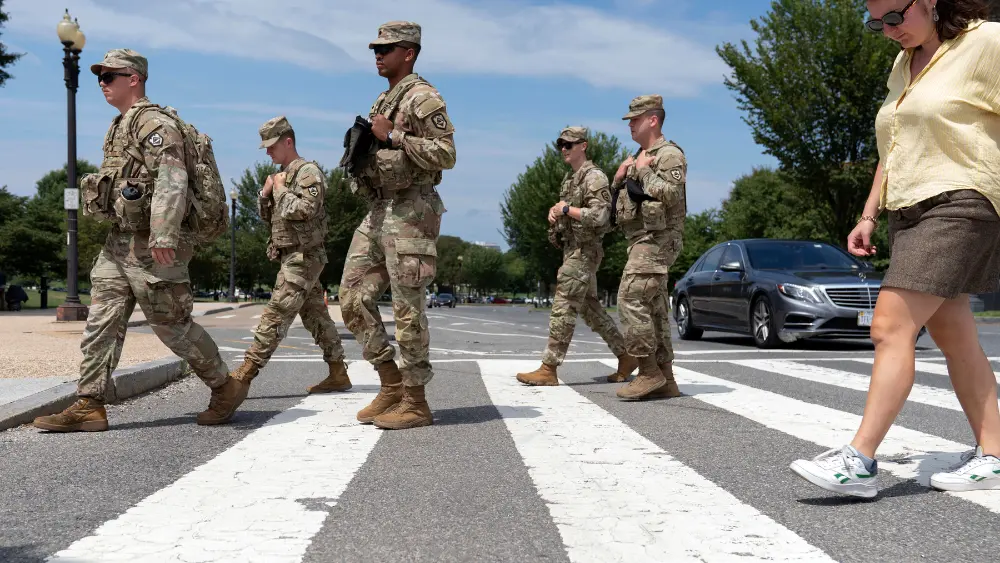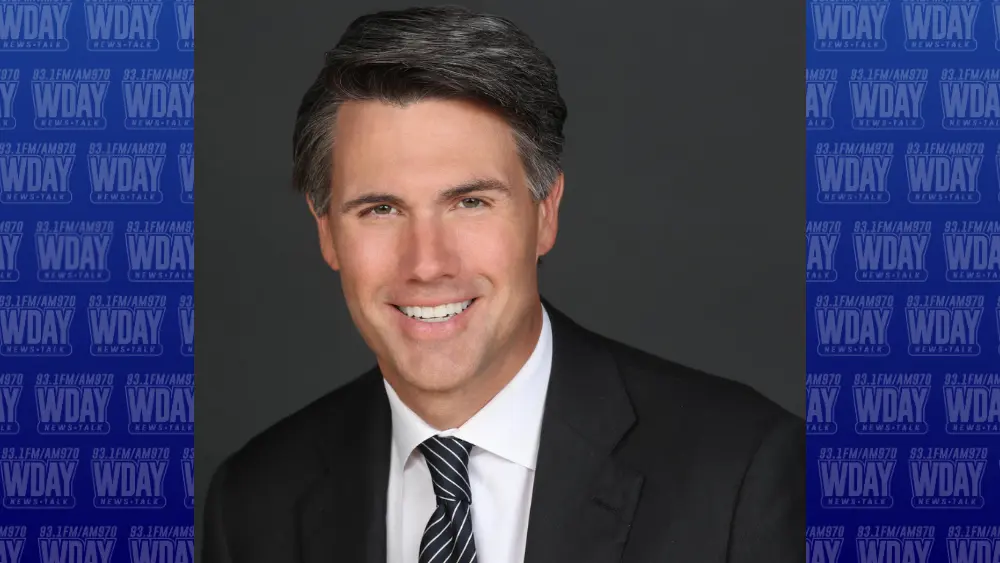NORTH DAKOTA – Despite a federal judge’s ruling blocking President Trump from federalizing and sending National Guard members into Portland, Oregon, a former leader of North Dakota’s National Guard believes Trump does have the constitutional authority.
On October 5th, a judge who was appointed by Trump blocked the president’s order to send troops in to stop protesting outside Immigration and Customs Enforcement facilities.
US District Judge Karin Immergut argued Trump “exceeded his constitutional authority” by federalizing the troops because protests in Portland “did not pose a ‘danger of rebellion.’”
Attorneys for Oregon and California, where some of the troops were set to be deployed from, argued that local law enforcement was capable of handling the situation.
Michael Haugen, who’s a retired adjutant general of the North Dakota National Guard, says the U.S. Constitution states the ‘militia’, which is the Guard, is a state organization commanded by governors until it is activated or called up in federal status.
Listen: Michael Haugen on ‘What’s On Your Mind?’
When it’s in federal status, Haugen says the President is the commander of the militia when called into actual service of the United States.
“The U.S. Constitution states clearly that Congress has to provide for the militia to execute the laws of the union, suppress insurrections and repel invasions,” Haugen told The Flag on Monday. “It’s pretty specific that the President can call them up and use them.”
“For a federal judge to say the President can’t use then once they’re called up, he [the judge] needs to go back to law school and read the Constitution.”
That’s because contrary to the judge’s opinion, Haugen believes the president’s response to the Portland protests is indeed about “preventing an insurrection.”
“There are so many legal minds that have become political minds reviewing the U.S. Constitution,” said Haugen. “It’s very frustrating.”
Haugen even believes his view will even be supported if the case goes before the highest court in the land.
‘I think the Supreme Court will read the U.S. Constitution and say, no, you don’t have a prayer here,” said Haugen.





